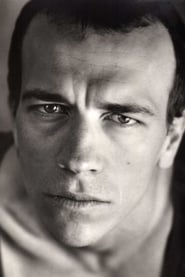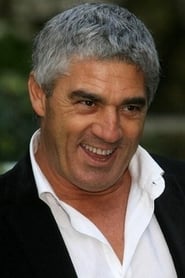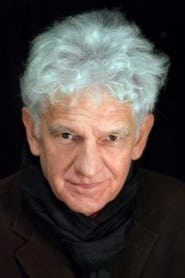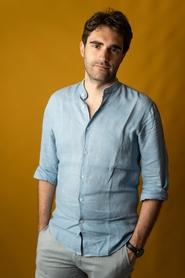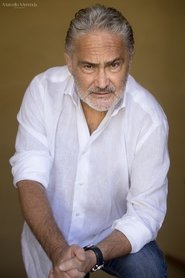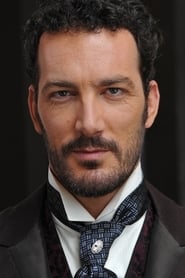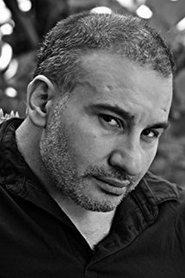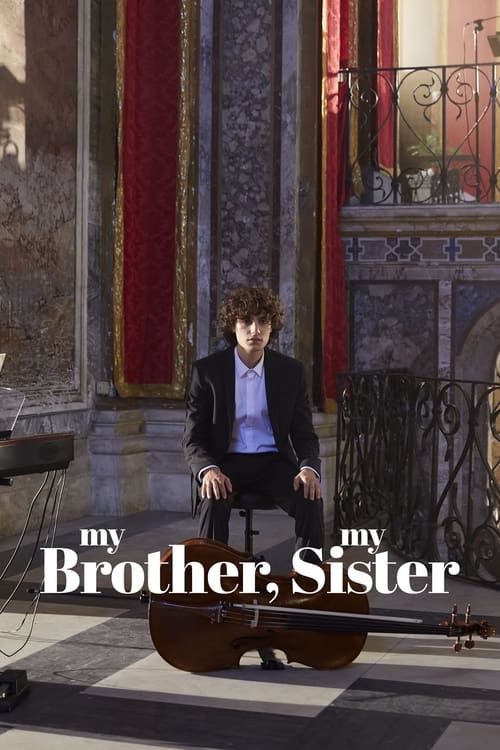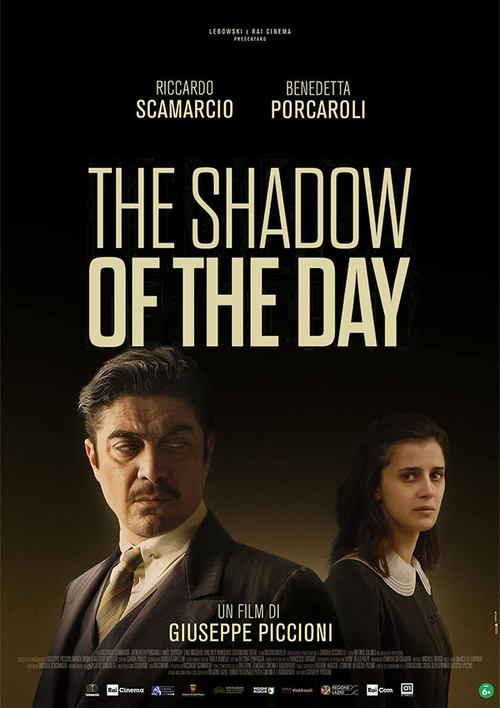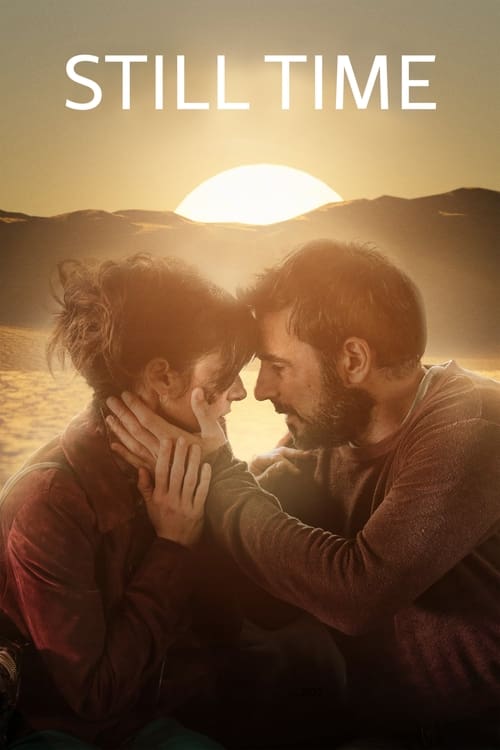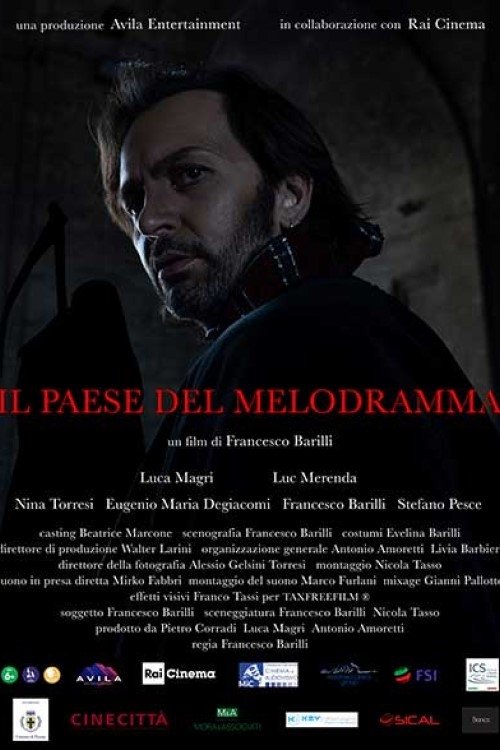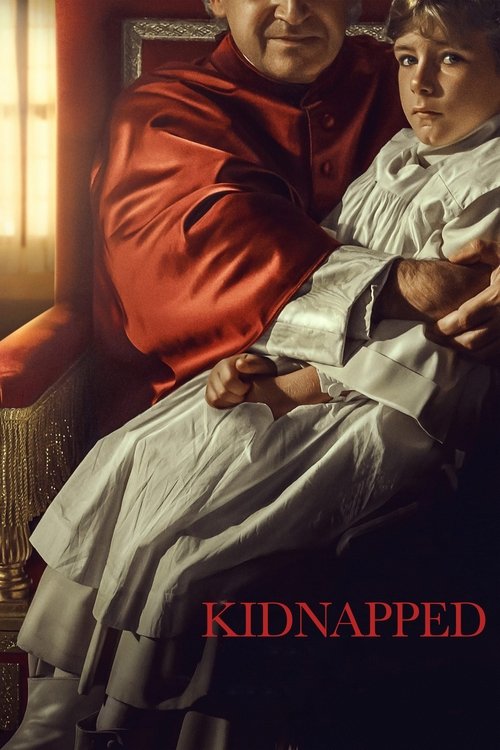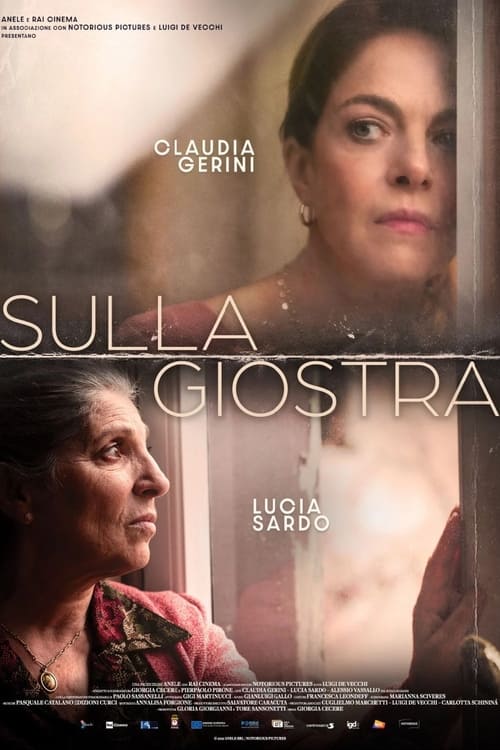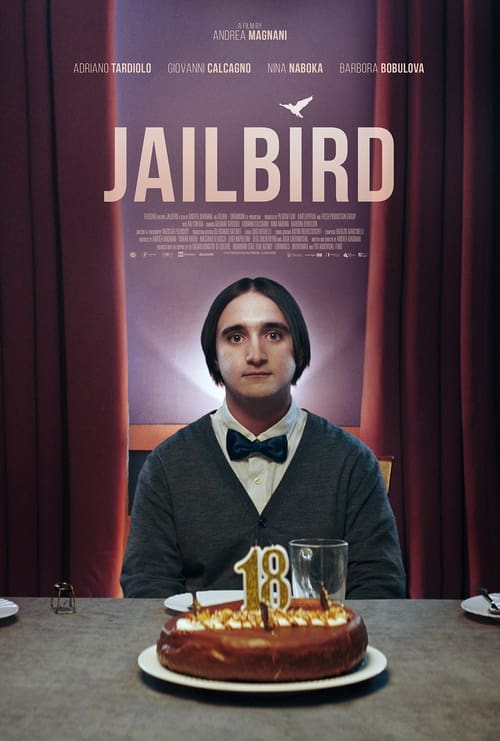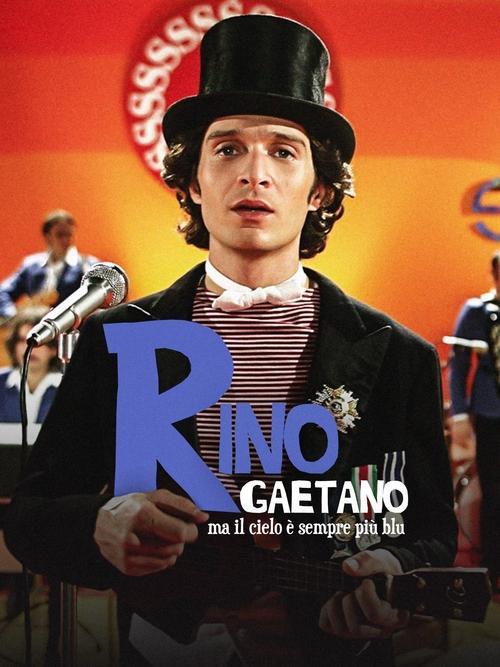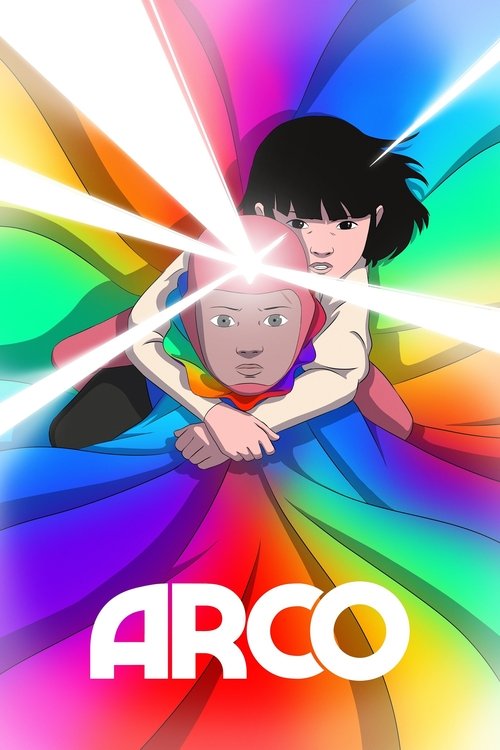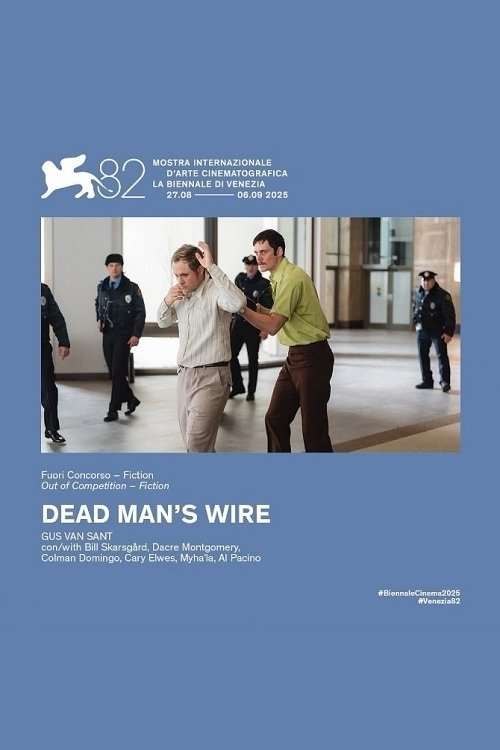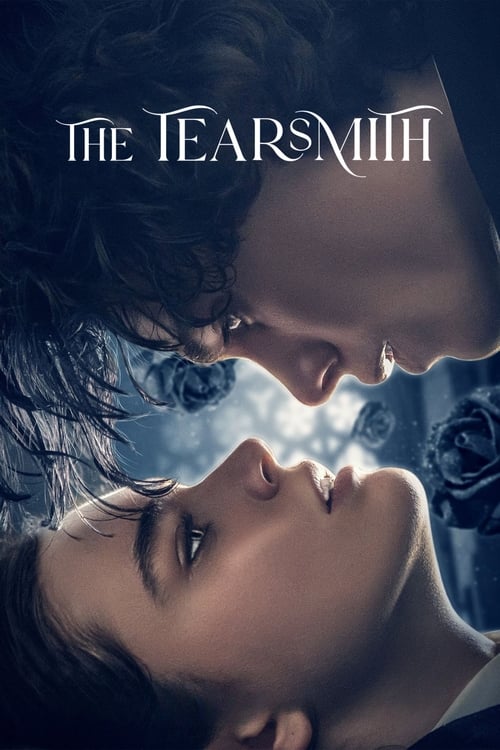
Ask Your Own Question
What is the plot?
In 1950, the Di Sangro household gathers at their villa overlooking the bay of Posillipo for the birth of a daughter. Present in the room are the family's prosperous godfather, Achille Lauro; the newborn's elder brother, Raimondo; and Sandrino, the young son of the family's housekeeper. After the infant emerges, Achille names her Parthenope, invoking the ancient name of Naples as a christening mark. The child grows up within the circles of the well-to-do Di Sangro estate, watched over by servants and relatives whose loyalties and desires will entangle her life for decades.
By 1968 Parthenope is a young woman and a student in an anthropology class taught by the demanding Professor Devoto Marotta. The professor's strict methods test the students; Parthenope challenges him during an oral evaluation, sparring over definitions and evidence. Their exchange moves beyond routine instruction: she presses him, he answers with rigor, and they forge a wary mutual respect rooted in intellectual exchange. Outside the lecture hall, tensions at home intensify. Sandrino nurses an obsessive fixation on Parthenope that borders on possession, while Raimondo maintains an attachment to his sister that crosses accepted boundaries and grows increasingly possessive. The household atmosphere tightens as those two men orbit her.
In the summer of 1973 Raimondo proposes a trip to Capri. Parthenope accepts and travels with Raimondo and Sandrino to the island. On Capri she carries on with an ease and charm that draws attention; at one beach gathering the American author John Cheever is present among sundry guests and becomes one of the spectators of her radiance. Raimondo attempts to ingratiate himself with a rich heiress at a social encounter during their stay, maneuvering a conversation and creating an opportunity for a kiss; when he falters and cannot consummate the gesture, he recognizes with bitter clarity that his desire is fixed solely on Parthenope. That realization fractures him. On the same trip Sandrino, whose yearning has long simmered, seduces Parthenope in a private moment on the island. Raimondo witnesses that seduction. Overcome, he climbs the ragged cliffs above the sea and hurls himself into the Tyrrhenian waters below. He dies on impact with the waves; his fall is a visible, public severance. The Di Sangro family returns to Naples with dead silence in the rooms: Raimondo's parents direct their grief outward, blaming Parthenope for their son's plunge, while the father withdraws into aloofness.
In 1974 Parthenope seeks guidance from Marotta. She approaches him with the idea of writing an anthropology dissertation on suicide, driven by a need to understand Raimondo's self-destruction. Marotta refuses the direct proposal and instead redirects her research toward the study of miracles and their social resonances, insisting that ethnographic inquiry should follow cultural practices rather than the private pathology she proposes. Parthenope accepts a detour from academia and follows an impulse toward the stage. She visits Flora Malva, an aging diva known for her acting school, who examines Parthenope briefly and concludes that the young woman might find a voice elsewhere; Flora sends her on to Greta Cool, a fellow actress with Neapolitan roots whose pragmatic approach to theater appeals to Parthenope's sense of origin. At a party thrown in Greta's honor, Parthenope moves through a room of industry figures and meets Roberto Criscuolo, a man with ties to the Camorra. Criscuolo escorts her to a private family ritual: he introduces her to an old, clandestine practice in which heirs of rival Camorra clans conceive children together as a pact of unity, a ceremony that serves a social and political purpose within that criminal world. During subsequent encounters Criscuolo fathers a pregnancy with Parthenope; she does not carry the pregnancy to term. She secures an illegal abortion and undergoes the procedure in secrecy and pain, removing the child that would have bound her to Criscuolo's gang. The physical and emotional cost is severe. Shortly thereafter Sandrino returns from a decision to relocate to Milan and visits to bid farewell; Parthenope lashes out at him in anger and accusation, indicting him for Raimondo's death and rejecting his professed love.
By 1982 Parthenope has assembled a professional identity as an academic. A journal solicits her expertise for a piece about the liquefaction of the blood of San Gennaro, the Naples miracle that repeatedly draws scientific scrutiny and popular devotion. When she brings the invitation to Marotta he issues a warning: Cardinal Tesorone, who oversees the miracle's ceremonies and wields clerical influence in the city, is a man Marotta calls a scoundrel. The Cardinal, however, seeks Parthenope personally. Tesorone approaches her with a proposition framed as an encounter outside his official duties; he presses her to meet for sex. Parthenope agrees and meets the Cardinal in private, and they have a sexual liaison. Meanwhile Marotta prepares to step down from his long tenure. He suggests that Parthenope apply for an academic post at the University of Trento, offering it as the next logical step for her career. Her affection for Naples makes her hesitate; she resists the idea of severing the city's roots. To sway her, Marotta brings her to meet his son -- a young man with severe disabilities who requires constant care and moves and communicates in ways constrained by his condition. Parthenope observes the son's presence in Marotta's life and responds with a complex mix of empathy and disturbance; the encounter unsettles her but also opens a different perspective on responsibility and intimacy. After reflection she accepts Marotta's counsel: she applies for the position in Trento, secures it, and relocates, trading the Neapolitan coastline for the alpine city and the steadiness of university tenure.
Decades pass. In 2023 Parthenope stands near the end of her professional career. She holds office hours with two of her final students, answering their inquiries about methodological choices and the fieldwork that shaped her articles. The students press for particulars about her personal past -- the tragedies and decisions that have accompanied her scholarship -- and Parthenope responds with measured details, laying out episodes of her life without theatricality. Afterward she makes a brief trip back to Capri. She walks among the same paths and cliffs where earlier acts unfolded, allowing memory to move through the places of youth with a direct, tactile focus. Returning to Naples, she enters streets that hum with collective excitement as supporters of SSC Napoli pour through plazas. Crowds chant and hoist banners; the team secures its third Serie A title in a night of public jubilation. Parthenope pauses on a pavement as fans surge around her. She watches their celebration, feeling the city's sound and movement pass her by. She smiles, a small and private expression that closes a long trajectory: the woman named at birth by a wealthy godfather, the student entangled by love and loss, the seduced and the seducer, the participant in clandestine rituals, the scholar who exchanged Naples for Trento, and the retiree who returns to witness her city's triumph. The film ends with Parthenope standing in the crowd, looking on as the revelers drive their victory through the streets, her face holding that steady smile as the scene fades on the Naples she has always carried with her.
What is the ending?
The ending of Parthenope (2024) shows the protagonist, Parthenope, now a respected professor, returning to Naples in 2023. She reconciles with the trauma of her brother Raimondo's death, embraces the contradictions of her city, and finds a sense of belonging as she watches Napoli football fans celebrate a major victory, smiling in quiet acceptance.
Expanded narrative of the ending scene by scene:
The film's final act takes place in 2023, decades after the youthful summers that shaped Parthenope's life. Parthenope, having evolved from a restless young woman into a mature academic, arrives back in Naples. The city is alive with celebration as Napoli's football team has just won a significant match. The streets are filled with jubilant fans waving flags and chanting, embodying the city's passionate spirit.
Parthenope walks through the crowd, observing the vibrant, chaotic energy around her. Her face reflects a complex mixture of emotions--nostalgia, sorrow, and finally, a serene acceptance. This moment marks her emotional reconciliation with her past, particularly the tragic death of her brother Raimondo, whose suicide had cast a long shadow over her youth.
As she watches the fans, the film lingers on her expression, capturing a subtle but profound smile. This smile signifies her coming to terms with the contradictions of Naples--its beauty and brutality, its sacred traditions and profane realities. It also symbolizes her acceptance of herself, her history, and her place within the city's ongoing story.
The fate of the main characters at the end is as follows:
-
Parthenope: She has grown into a respected professor, intellectually fulfilled and emotionally reconciled with her past. Her return to Naples and her smile amid the celebrations indicate a newfound peace and belonging.
-
Raimondo: His tragic suicide remains a pivotal event in the narrative, shaping Parthenope's journey. Though he is deceased, his memory continues to influence her.
-
Sandrino: While not present in the final scenes, his earlier unrequited love and complex relationship with Parthenope contribute to the emotional texture of her story.
The ending encapsulates the film's themes of loss, identity, and the search for happiness within the contradictions of life and place. It closes on a note of quiet hope and acceptance rather than resolution or triumph.
Is there a post-credit scene?
No, Parthenope (2024) does not have a post-credits scene.
At the start of the credits, there is a brief scene of Parthenope walking through the evening streets with her suitcase, encountering a brightly lit parade float filled with people, followed by a dedication reading "For Luca" (or "To Luca"), honoring the film's costume designer Luca Canfora who died during production. Nothing appears after the credits.
Why does Raimondo throw himself off the cliffs of Capri?
Raimondo throws himself off the cliffs of Capri after Sandrino seduces Parthenope, which triggers a deep emotional crisis in him. Raimondo has an incestuous attachment to his sister, and witnessing her intimacy with Sandrino shatters him, leading to his tragic suicide.
Who is Sandrino and what is his relationship to Parthenope?
Sandrino is the son of the Di Sangro family's housekeeper. He grows up alongside Parthenope and becomes obsessed with her. Their relationship is marked by unrequited love and tension, culminating in Sandrino seducing Parthenope during a trip to Capri, which leads to Raimondo's suicide.
What happens between Parthenope and Roberto Criscuolo?
Parthenope meets Roberto Criscuolo, a mafioso, at a party in honor of actress Greta Cool. Criscuolo takes her to a family ritual where heirs of two Camorra families conceive a child to mark unity. Parthenope later becomes pregnant by Criscuolo but chooses to have an abortion.
How does Parthenope's relationship with Professor Devoto Marotta develop?
Parthenope attends an anthropology course taught by Professor Devoto Marotta, known for his severity. She challenges him during an evaluation, and they develop mutual respect. Marotta later advises her on her academic work, suggesting she research the cultural impact of miracles instead of suicide, and becomes a mentor figure in her life.
What role does John Cheever play in Parthenope's life?
John Cheever, the American writer, meets Parthenope during her time in Capri. Unlike other men, he is not overtaken by lust for her and instead offers her thoughtful advice about youth and beauty. He tells her, 'I don't want to steal one minute of your youth from you,' reflecting his own loneliness and self-loathing.
Is this family friendly?
No, Parthenope (2024) is not family friendly, as it is rated R for strong sexual content, graphic nudity, and language, making it unsuitable for children or younger teens.
Potentially objectionable or upsetting aspects include: - Graphic sex scenes with nudity, visible thrusting, and full female nudity (backside and chest). - A scene with a man using a crucifix inappropriately in a sexual context. - A graphic depiction of a couple having sex in front of an audience to conceive. - Visual references suggesting incest. - Verbal mentions of suicide and abortion. - Moderate strong language, alcohol use, smoking, and off-screen self-harm.











